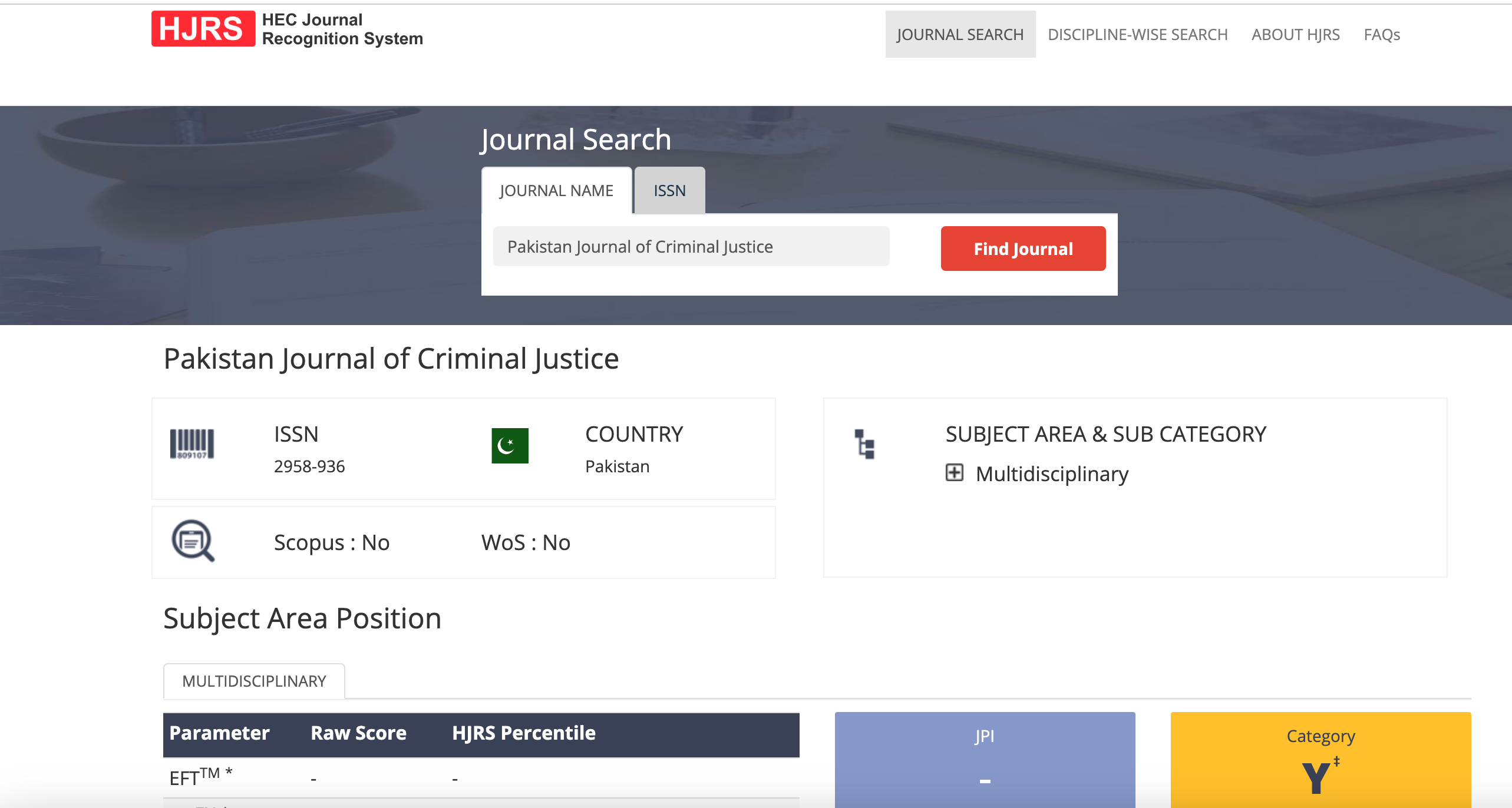Corporate Complicity in International Crimes: Legal Challenges and the Evolving Role of Transnational Corporations
DOI:
https://doi.org/10.62585/pjcj.v4i1.105Keywords:
corporate , international crimes, law of warAbstract
This article reviews the developing area of corporate liability for international crimes in light of the increasingly influential and active role that transnational corporations are now playing in many aspects of the "world community" and their impact on both human rights and environmental law. While the robustness of international law has usually rested on promoting state responsibility, in its newer legal frameworks it has begun to take a shift toward corporate accountability in such crimes or issues as human rights, environmental degradation, and complicity in atrocities. Despite salient developments—the Special Tribunal for Lebanon and the Malabo Protocol, among others—there are yet significant legal lacunae in, among others, the Statute of Rome of the International Criminal Court, which still excludes corporations. Put differently, this is an argument for a comprehensive approach to corporate criminal responsibility, for harmonization concerning national and international legal standards while closing existing regulatory gaps facing any issue that involves holding corporations accountable at the global level
Downloads
Published
How to Cite
Issue
Section
License
Copyright (c) 2024 Muhammad Mobeen Arshad, Aas Muhammad

This work is licensed under a Creative Commons Attribution-NonCommercial 4.0 International License.





